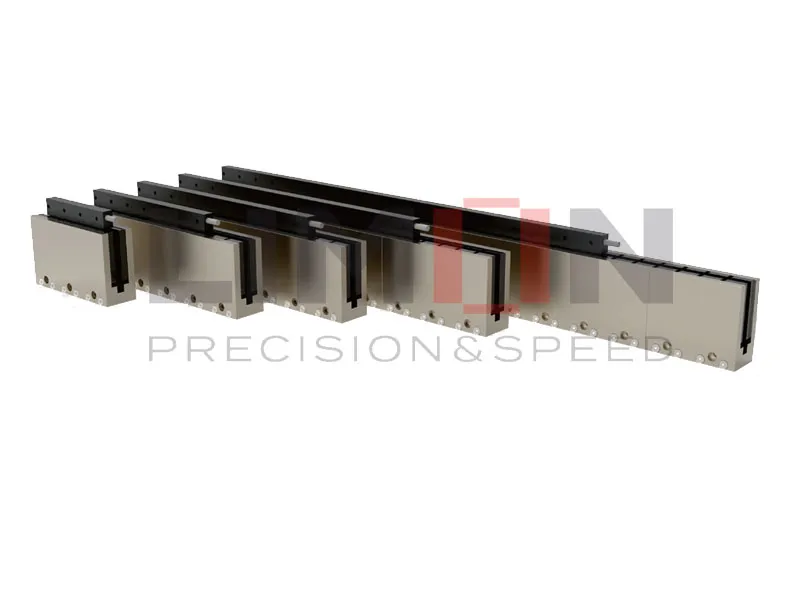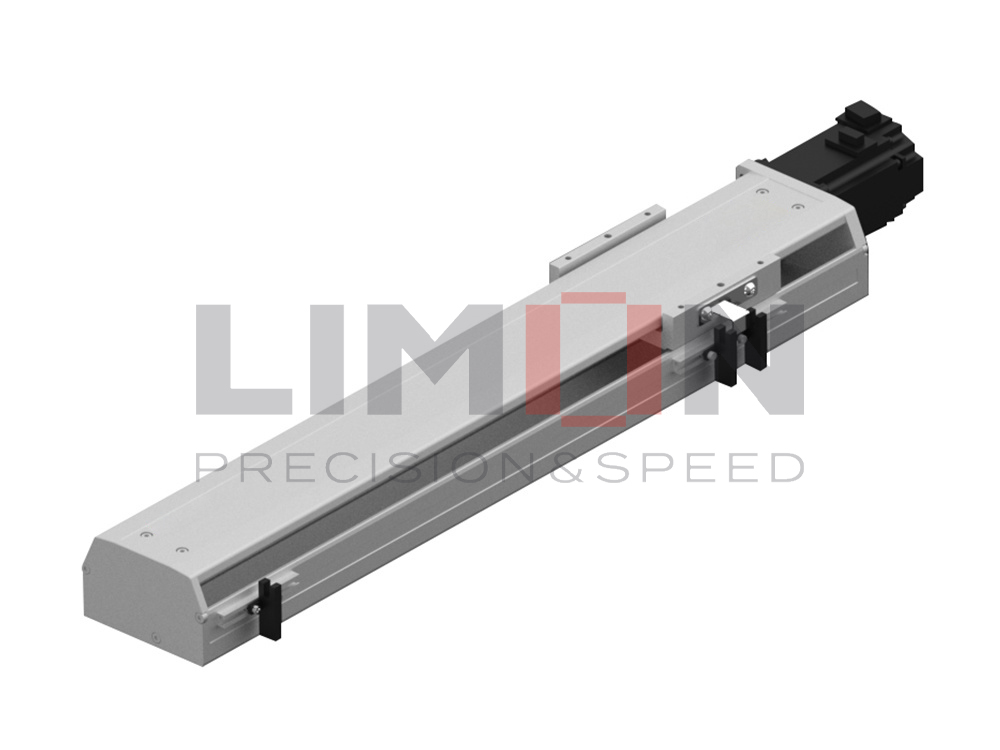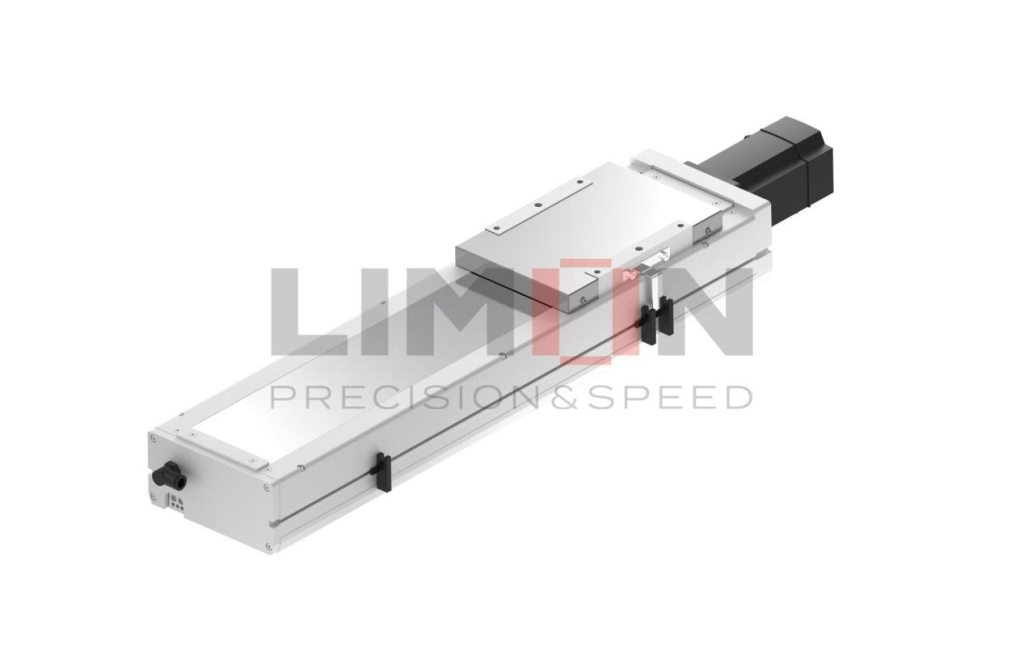Servo drives, integral components of industrial automation, have revolutionized the precision and efficiency of motion control systems. In this article, we will explore the myriad advantages of employing servo drives in plural form in various industrial applications, shedding light on how these technologies enhance performance and productivity.
Precision and Accuracy:
Servo drives excel in providing unparalleled precision and accuracy in controlling motor movements. Their ability to receive and respond to feedback from encoders or resolvers ensures precise positioning, making them ideal for applications where accuracy is paramount, such as robotics, CNC machining, and printing.
High-Speed Performance:
The dynamic response and high-speed capabilities of servo drives enable rapid and accurate adjustments in motor speed and torque. This makes them well-suited for applications that demand quick and precise movements, such as packaging machinery, conveyor systems, and pick-and-place operations.
Versatility in Applications:
Servo drives find applications across a diverse range of industries, including manufacturing, automotive, aerospace, and healthcare. Their versatility allows for seamless integration into various systems, adapting to the unique requirements of different industrial processes and equipment.
Energy Efficiency:
Servo drives contribute to energy efficiency by precisely controlling the power delivered to the motor based on the load and demand. The ability to regeneratively brake and recover energy during deceleration further enhances their eco-friendly profile, reducing overall energy consumption in industrial operations.
Customizable Control:
With advanced control algorithms and programmable parameters, servo drives offer a high degree of customization. This allows users to tailor the control characteristics to match the specific requirements of their applications, optimizing performance and responsiveness.
Reduced Maintenance Requirements:
Servo drives, known for their reliability and durability, contribute to reduced maintenance needs in industrial settings. The precise control they provide minimizes wear and tear on mechanical components, extending the lifespan of motors and other associated machinery.
Improved Overall System Efficiency:
The seamless integration of servo drives with other automation components results in improved overall system efficiency. The precision, speed, and adaptability of servo drives positively impact the performance of the entire industrial system, leading to enhanced productivity and reduced downtime.
Enhanced Safety Features:
Servo drives often come equipped with advanced safety features, such as torque limiting and overcurrent protection. These features not only protect the equipment and components but also contribute to a safer working environment for operators.
The advantages of employing servo drives in industrial applications are diverse and impactful. From precision and high-speed performance to energy efficiency and versatility, these technologies play a pivotal role in elevating the capabilities of modern automation systems. As industries continue to evolve, the role of servo drives in optimizing industrial processes is set to expand, driving innovation and efficiency across various sectors.

_1.jpg)


